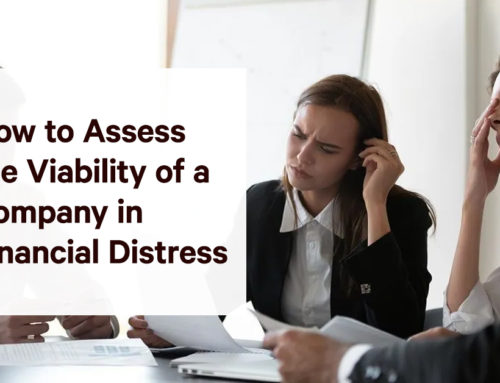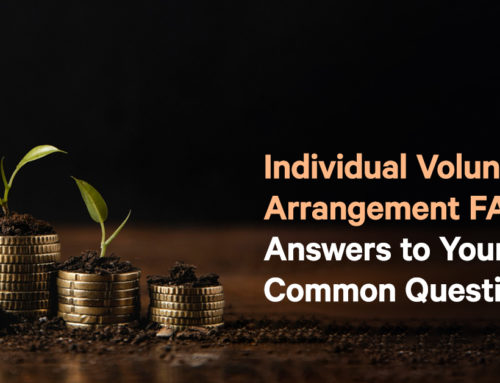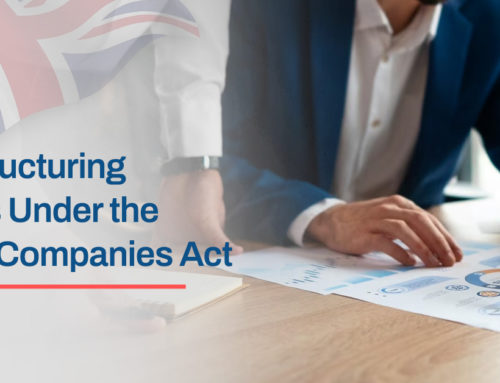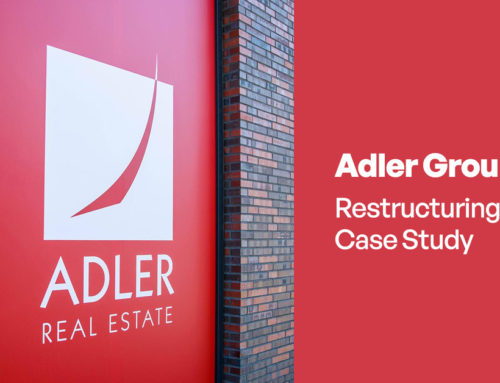Debt is debt, right? Well, yes and no; whilst owing money is debt, there is secured debt and unsecured debt, both of which have their pros and cons. In some cases, you may not be able to access unsecured debt as lenders need collateral to lower the risk of lending money to you. In other cases, there is a limit to the amount of unsecured debt you can have. If you’re not sure, here’s our guide to secured and unsecured borrowing explained.
As of April 2021, the daily value of secured loans in the UK had increased by around 5%, totaling £77.6 million of secured debt. 3 out of 5 people were taking out a secured loan for home improvements or debt consolidation, or both. That’s a hefty level of debt in one month that is secured against one of your assets, usually your property. With the average adult debt just over £30,000 (including mortgages but not including student loans), you can see why people are wanting to consolidate the debts they have and aim for a lower rate of interest.
There are two main types of debt, secured and unsecured, but what’s the difference between the two, and how much impact will it have on your finances?
What is secured debt?
Secured debt is money borrowed against one of your assets, such as a car or your home, as ‘security’ for the loan. For example, your mortgage is a secured debt against your property which means that your mortgage provider owns part of your house until you have repaid the debt. The remainder of the property you own is called equity however, if you can’t pay back your secured loan to your mortgage provider, they are able to repossess your home.
The same principle applies if you secured a loan, usually from £10,000 upwards, against your car, for example, your loan provider is entitled to take possession of your car if you do not keep up repayments on the loan.
A secured loan has a lower risk for the lender because they can recover the asset you’ve put up as security. The problem is they are riskier for the borrower as they will lose their asset if they don’t pay back the money.
Pros and cons of secured debt?
- Pros:
- Generally, you can borrow a larger amount of money, for example, £10,000 or more than you would be able to with an unsecured loan
- The interest is usually lower than an unsecured loan
- If you don’t have a good credit history or are self-employed, you are more likely to be accepted for a secured loan.
- Cons:
- Because the debt is secured against an asset, such as your home, car, or jewelry, you may lose it if you don’t keep up with repayments
- The loan period is often much longer than unsecured debt, such as 10, 20, or 30 years
- Even if you have a fixed interest rate initially, once it goes to a variable rate of interest, your monthly repayments are likely to fluctuate
- Some lenders charge arrangement and management fees
- There may be exit fees charged if you want to pay off the loan early, i.e. before the end of the loan term
- If you don’t keep up repayments, it will affect your credit score.
What is unsecured debt?
Unsecured debt is a loan that isn’t secured by an asset, such as a personal loan, from a bank or other financial provider. You can borrow an amount of money and agree to make regular payments until the loan is paid back, including interest charged by the lender.
The interest rate on unsecured debt is often much higher than secured debt because there is no asset ‘secured’ against the loan. Therefore, the lender is taking more of a risk in lending money to the borrower.
Whilst you don’t lose an asset if you don’t keep up repayments, you will probably be charged additional interest, the lender may apply to the court to get their money back, and it will definitely have an impact on your credit rating.
Pros and cons of unsecured debt
-
-
- Pros:
- There is greater flexibility and repayments are usually between 1 and 5 years
- No collateral is required as security against the loan
- There are usually no exit fees if you want to pay off the loan early.
- Cons:
- The interest rate is much higher and therefore, your monthly repayments are higher
- Not keeping up repayments will negatively affect your credit score
- Lenders can apply to the court to get their money back
- There is usually a limit to how much you can borrow.Fixed and variable interest ratesBoth secured and unsecured debt can have fixed or variable rates of interest. In most cases of secured debt, the interest rate will be fixed for a certain period of time, such as 3 years or 5 years, ensuring you pay the same amount each month no matter what happens to the Bank of England’s base rate.The majority of unsecured loans come with a fixed interest rate but it is usually much higher to allow for variances in the base rate of interest. For example, credit card debt, which is unsecured, tends to have a high rate of interest but doesn’t change if the base rate goes up or down.
Whether you are opting for secured debt or unsecured debt, the lender will conduct a credit check on your name to satisfy themselves that you are most likely to pay back the debt. Therefore, if you have a low or bad credit score, you will either be paying a much higher interest rate because the lender is taking on more of a risk lending to you, or your application may be refused.
Whilst the interest rate on secured loans is often much lower than on unsecured debt, the stakes are much higher if you are not able to pay it back. It will also severely affect your credit rating, making it much harder to borrow money, rent a property, or even a mobile contract agreement in the future.
We hope our guide to secured and unsecured borrowing explained has been helpful but if you are not sure about your secured and unsecured debt and need advice on how to manage your finances, personally or for a business, the first step is to seek professional advice. Our highly experienced professionals at Leading UK are on hand to help and advise you at any time.
- Pros:
-






